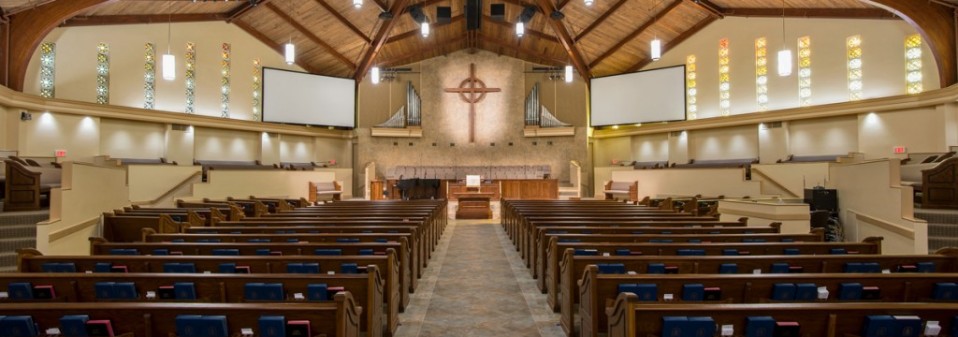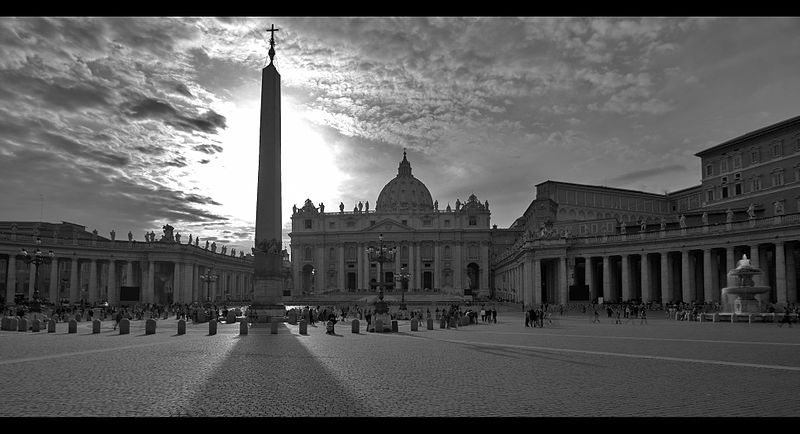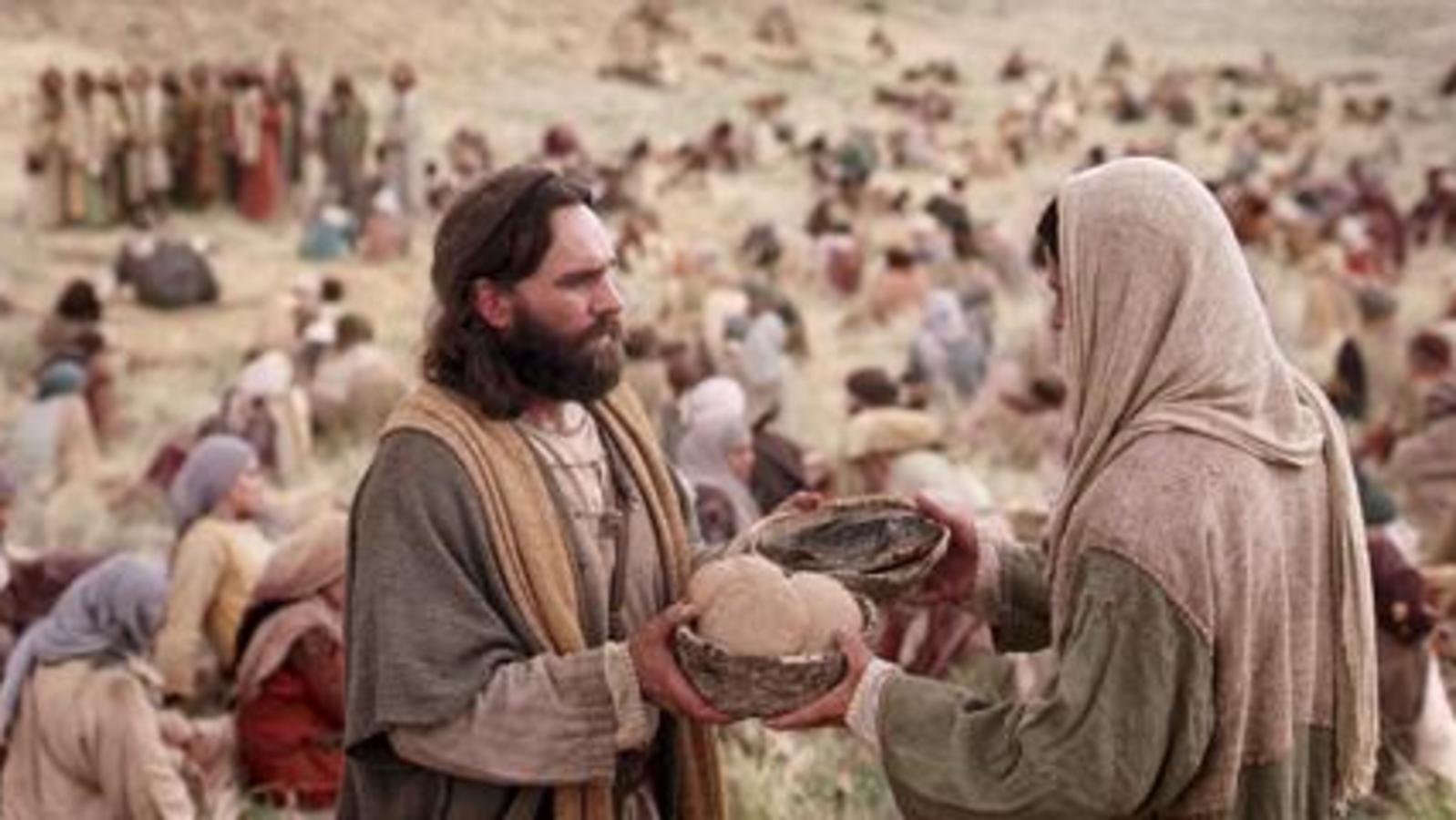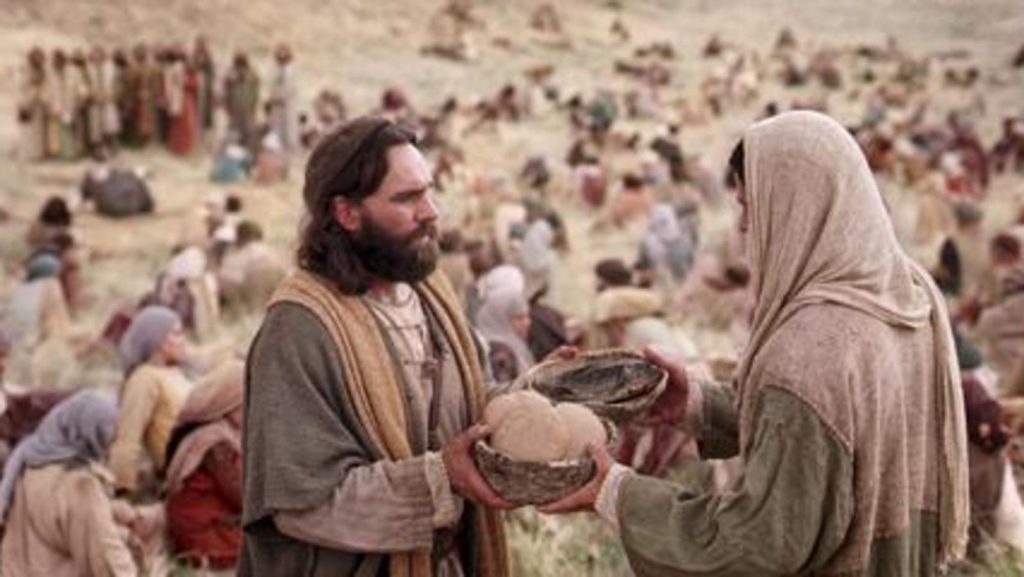
This sermon is part of a series based on the book Grateful, The Transformative Power of Giving Thanks by Diana Butler Bass.
In my “From the Pastor” column in the weekly church newsletter, I share a little about how as a community of believers we should feel a sense of gratitude during worship, all worship. Worship is a communal experience, and it requires us to feel a connection not only with God but with each other, we cannot worship alone, or at least we should not worship alone.
Over these last few weeks, we have discussed gratitude in a personal sense and that we need to look for those moments in our everyday lives to be grateful for. We discussed how gratitude should become a personal ethic for how we live our lives in the present as well as in the future and is the foundation of a good life.
We then moved into a discussion of public gratitude because gratitude is always social, we are grateful when others do things for us, and we like to show that gratitude, or at least we should. Gratitude is joy and gratitude is justice. To quote from Diana Butler Bass, “True gratitude, real gratefulness, the kind of transformative thanksgiving that makes all things new, cannot be quiet in the face of injustice.
In my preaching, I tend to favor the books of the New Testament rather than the books of the Old Testament. I will, on occasion, preach from the Psalms or use an illustration from the Old Testament but I confine my preaching and teaching to the New rather than the Old. Now with that said, I find myself drawn to the Hebrew Scriptures more and more after all these are the Scriptures Jesus and the Apostles used in their preaching and teaching.
I am mostly drawn to the prophets. I believe the world needs more prophets, true prophets, and we need to listen to them. The Prophet Micha is one that I find myself turning to more and more but especially the 6th chapter and the 8th verse;
“He has shown you, O mortal, what is good. And what does the Lord require of you? To act justly and to love mercy and to walk humbly with your God.” Micha 6:8
Some translation says to “do” justice and to walk humbly with your God. We are required to “do” and to “act” justly in all situations and at all times, and when we do this, we move from a “personal ethic of gratitude towards a public one. The ‘me’ of gratitude must extend to the ‘we’ of gratitude as an ethic, a vision of community-based habits and practices of grace and gifts. Gratitude is not merely resilience; gratitude is resistance too.”
As I have mentioned before, my theological understanding revolves around the concept of love. God sent Jesus to us, out of love. Jesus went to the cross for us, out of love. Jesus rose from the dead, out of love. Jesus returned to his apostles and others in the Upper Room, out of love. Jesus sent the Holy Spirit to be with us, out of love. Everything Jesus did and does and everything Jesus taught was out of love, love of God and love of neighbor, the two great commandments.
We hear lots of talk in certain circles about placing the tables of the law, the 10 Commandments, in various places. This summer when I was at my family reunion in Tennessee, I saw several sites that have these tablets erected as monuments. Now I am all for law and order, but Jesus ushered in a new order one that is not so much based on the 10 Commandments but on the nine beatitudes as found in Matthew.
So here is an interesting wordplay. The word “Blessings” means “gift from God” and comes from the verb to bless, to hallow, to make holy. As with most words, this grew into an association with the phrase bliss or happiness, so we have a double meaning of the word blessing, a gift that comes from God and something that makes us happy.
When Jesus climbed up to that high place and began to teach, “blessed are the poor, the hungry, those who mourn, etc. he was preaching a radical message that those listening had never heard before. You see, the blessing was way out of reach for those at the bottom of the social ladder; blessings were reserved for those at the top. The blessed were the bog shots, those with power and money but what Jesus was saying, what Jesus was ushering in was a new radical way of thinking, blessings were available to all especially those at the bottom of the pile. He preached a message of hope at in the eyes of God all were equal and that these blessings were more than mere happiness but a vision of a new society.
Of the nine blessings, seven are plural blessings, and only two are singular in nature. Jesus was preaching that the blessings of the community are more important than the blessings of the individual. “This is not about my blessings this is about our blessings.” This preaching was such a radical thought that at the end of it all Matthew writes; “Now when Jesus had finished saying these things, the crowds were astounded at his teaching” (Matthew 7:8).
We are grateful because Jesus came and broke down those walls that separate people and instilled in us a new way of not only looking at God but a new way of looking at each other. If we can see Christ in the other person, then the only option we have is to seek mercy and to seek justice, not for us, but for we.
If we look at the homeless person and see Christ in him, then we have no choice to provide for their needs. If we see Christ in the addicted person, then they are not some drug addict they are a person who needs mercy and Justice, and we are required to help. It does not matter what color their skin is; it does not matter their sexual orientation, it does not matter their legal status we have no other option but to see Christ in them and love them and seek justice and mercy for them, regardless of the popularity or the cost. That is the new society that Jesus was preaching, God’s blessings are available to all, and it is up to us to provide those blessings.











